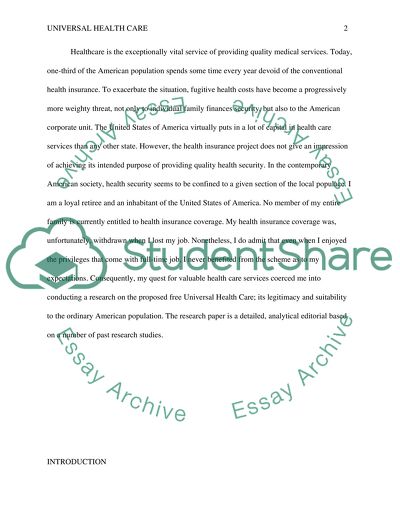Cite this document
(“Should Americans have free universal health care Research Paper”, n.d.)
Retrieved from https://studentshare.org/english/1459069-should-americans-have-free-universal-health-care
Retrieved from https://studentshare.org/english/1459069-should-americans-have-free-universal-health-care
(Should Americans Have Free Universal Health Care Research Paper)
https://studentshare.org/english/1459069-should-americans-have-free-universal-health-care.
https://studentshare.org/english/1459069-should-americans-have-free-universal-health-care.
“Should Americans Have Free Universal Health Care Research Paper”, n.d. https://studentshare.org/english/1459069-should-americans-have-free-universal-health-care.


